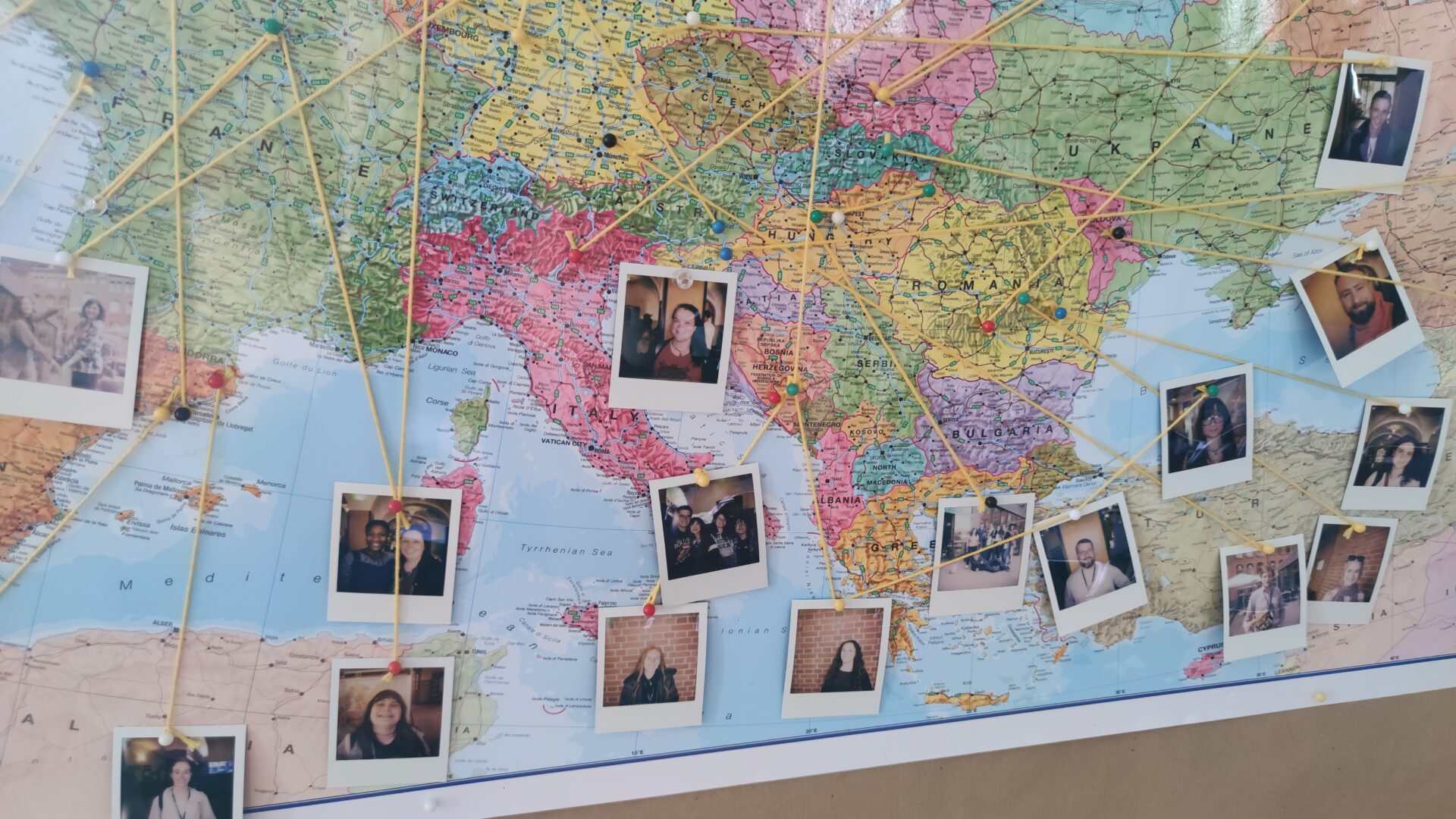Against Forgetting is an international youth project coordinated by Volksbund Deutsche Kriegsgräberfürsorge e.V. The project brings together partners from various European countries with the aim of researching the history of war crimes, genocides, and human rights violations in the 20th century and their impact on contemporary society. The project’s goal is to enable young people, aged between 15 and 30, to critically reflect on the mechanisms of hatred, antisemitism, and discrimination, and to strengthen their commitment to European values and democracy.
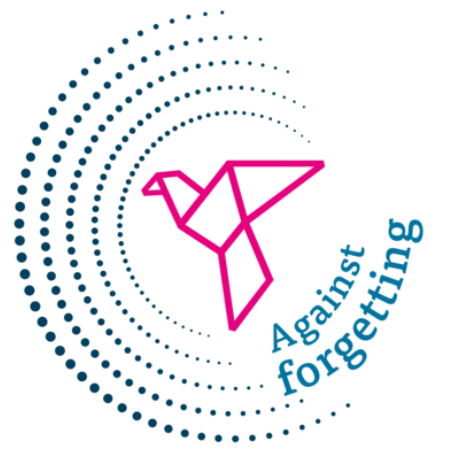
The National Liberation Museum Maribor is a proud partner in the Against Forgetting project. Our role is based on many years of museum practice in researching, documenting, and presenting the history of World War II, the resistance against occupation, and post-war events in the territory of Slovenia.
Within the framework of the project, in the summer of 2025, in cooperation with and under the guidance of the National Youth Council of Slovenia, we will host the international youth exchange “Against Forgetting: Faces of Resistance from World War II in Slovenia”, where we will:
- lead historical research on the resistance in Styria and elsewhere in Slovenia,
- organize visits to important locations (museum, memorial sites, former prisons, burial grounds),
- prepare discussions and workshops with young people from different European countries,
- participate in the development of content for an international exhibition and podcast.
Through the personal stories of victims, witnesses, and individuals who resisted violence, we help young people understand the past with empathy and critical reflection.
Young people create history
The participants, in collaboration with our museum, will co-create a part of the European exhibition that focuses on forgotten or suppressed faces of resistance. They also contributed to a podcast in which they explored the meaning of historical memory and its impact on the present.
More information about the exchange and how you can participate can be found on the MSS website.
Why Against Forgetting?
At the National Liberation Museum, we believe that understanding the past is crucial for preventing the repetition of its darkest chapters. The Against Forgetting project is not just historical, but primarily a humanistic call for a shared European reflection on the past and future.
More information about the project: Against Forgetting – Volksbund
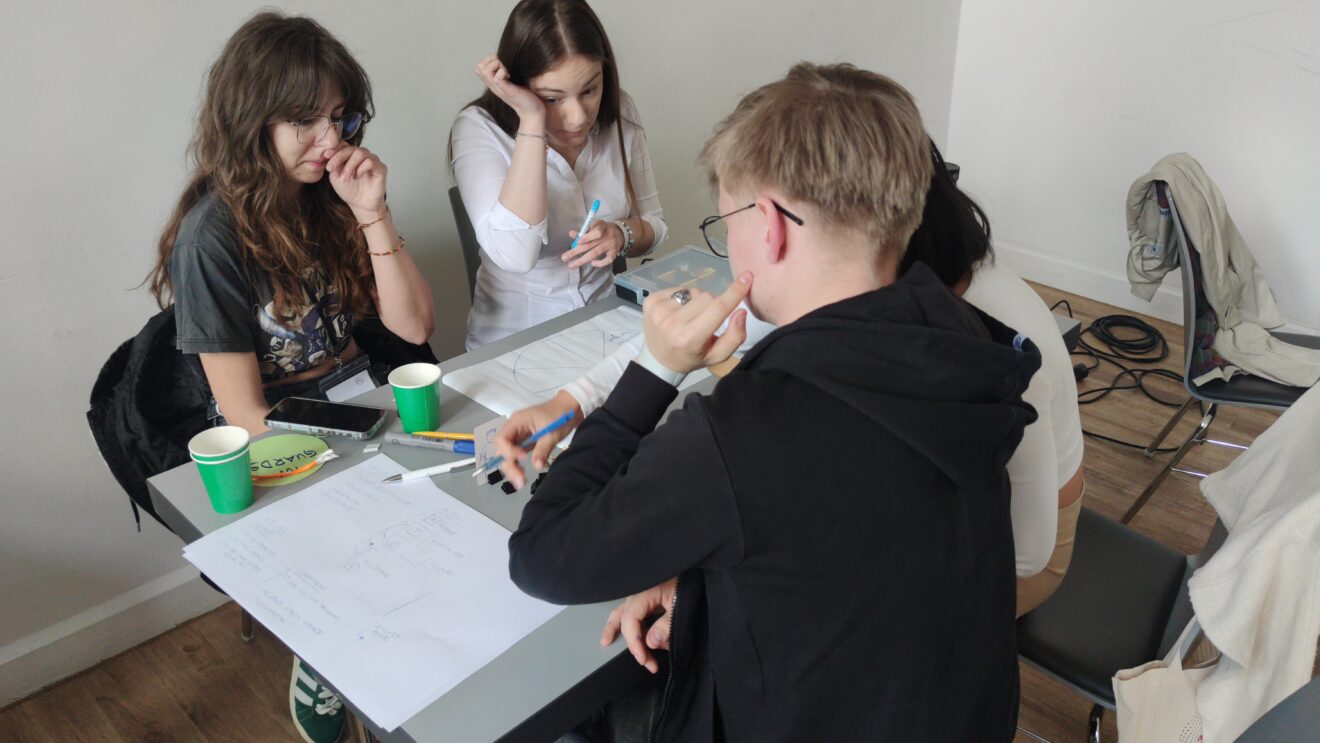
Project Partner
The Against Forgetting project is based on the cooperation of various organizations from Europe, each contributing their knowledge and experience:
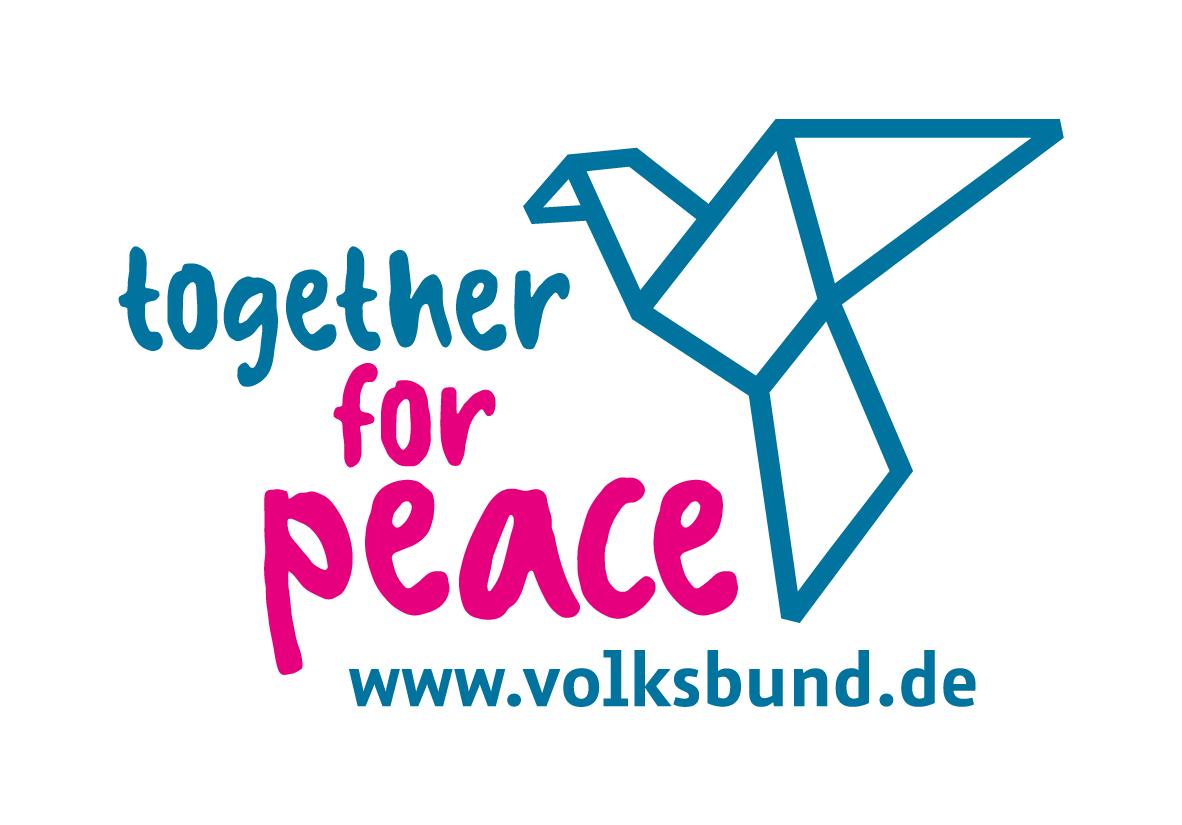
- Volksbund Deutsche Kriegsgräberfürsorge e.V. (Germany) – the main coordinator of the project, dedicated to preserving war graves and educating young people.
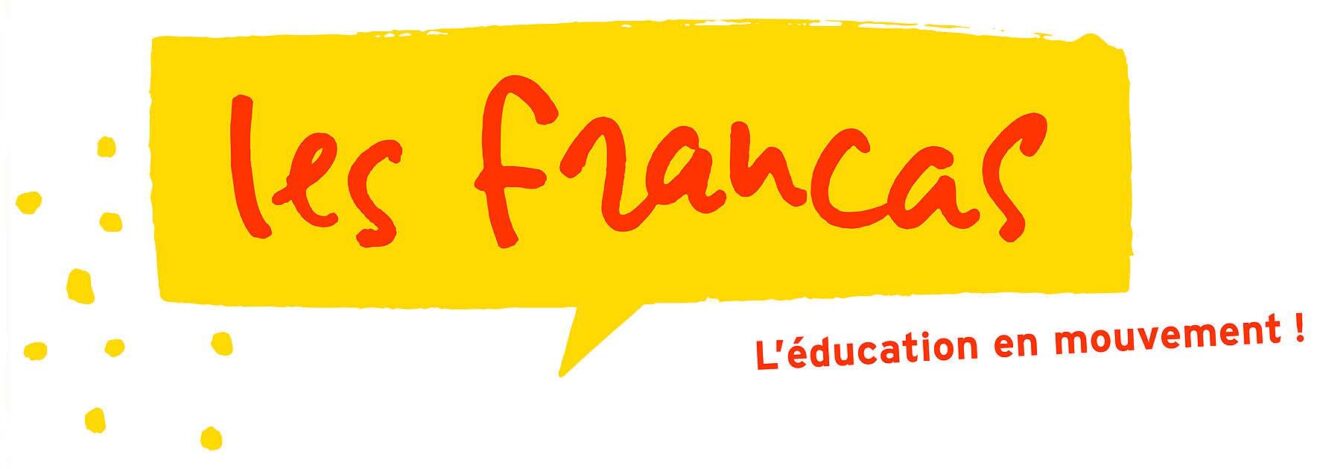
- Les Francas (France) – an organization with over 80 years of experience in children and youth education, collaborating with educational institutions, associations, and local authorities.
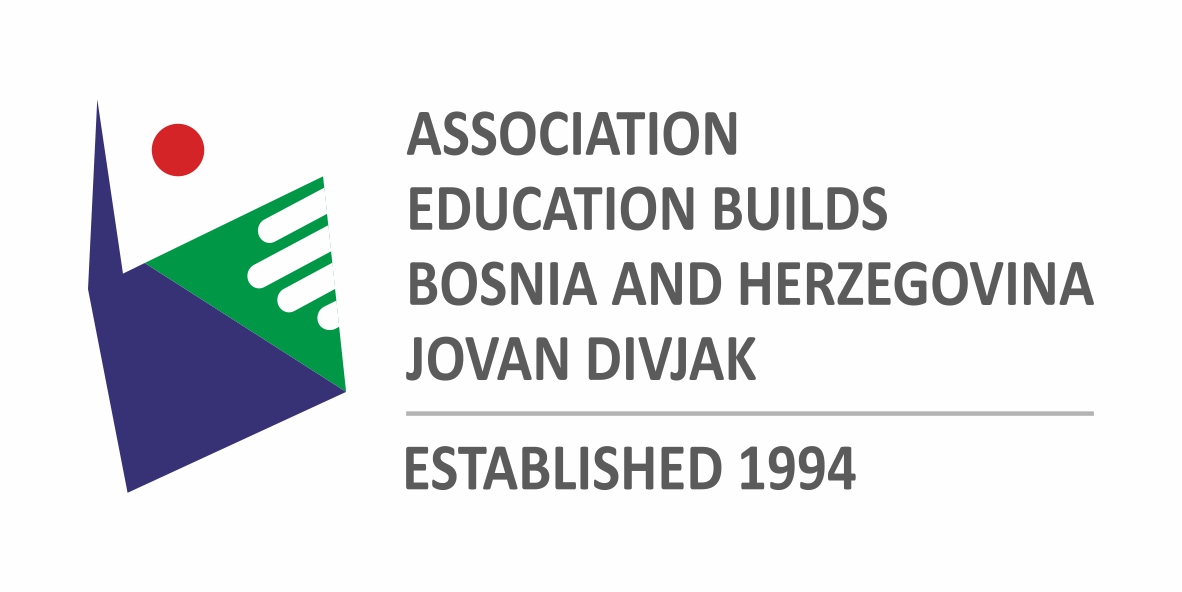
- Association Education Builds Bosnia and Herzegovina – Jovan Divjak (Bosnia and Herzegovina) – an organization founded in 1994 that helps children who are victims of war, children and youth with special needs, and members of the Roma minority with their education.
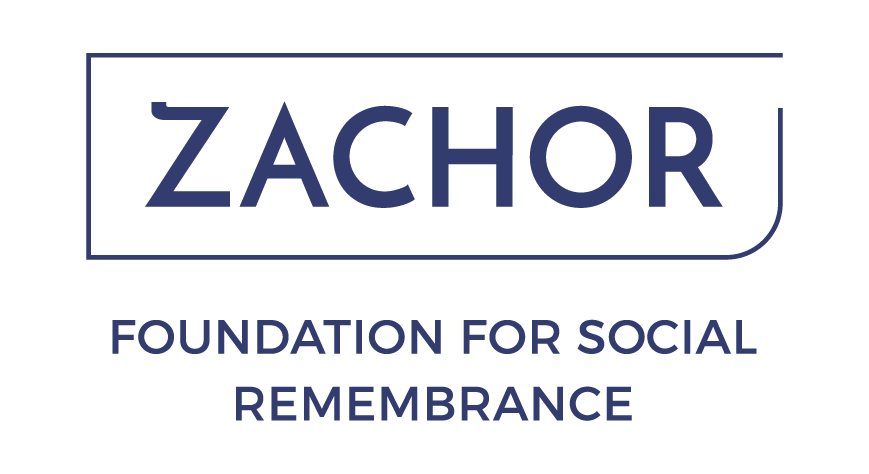
- Zachor Foundation for Social Remembrance (Hungary) – established in 2009, dedicated to preserving the memory of the Holocaust and educating about tolerance and human rights.
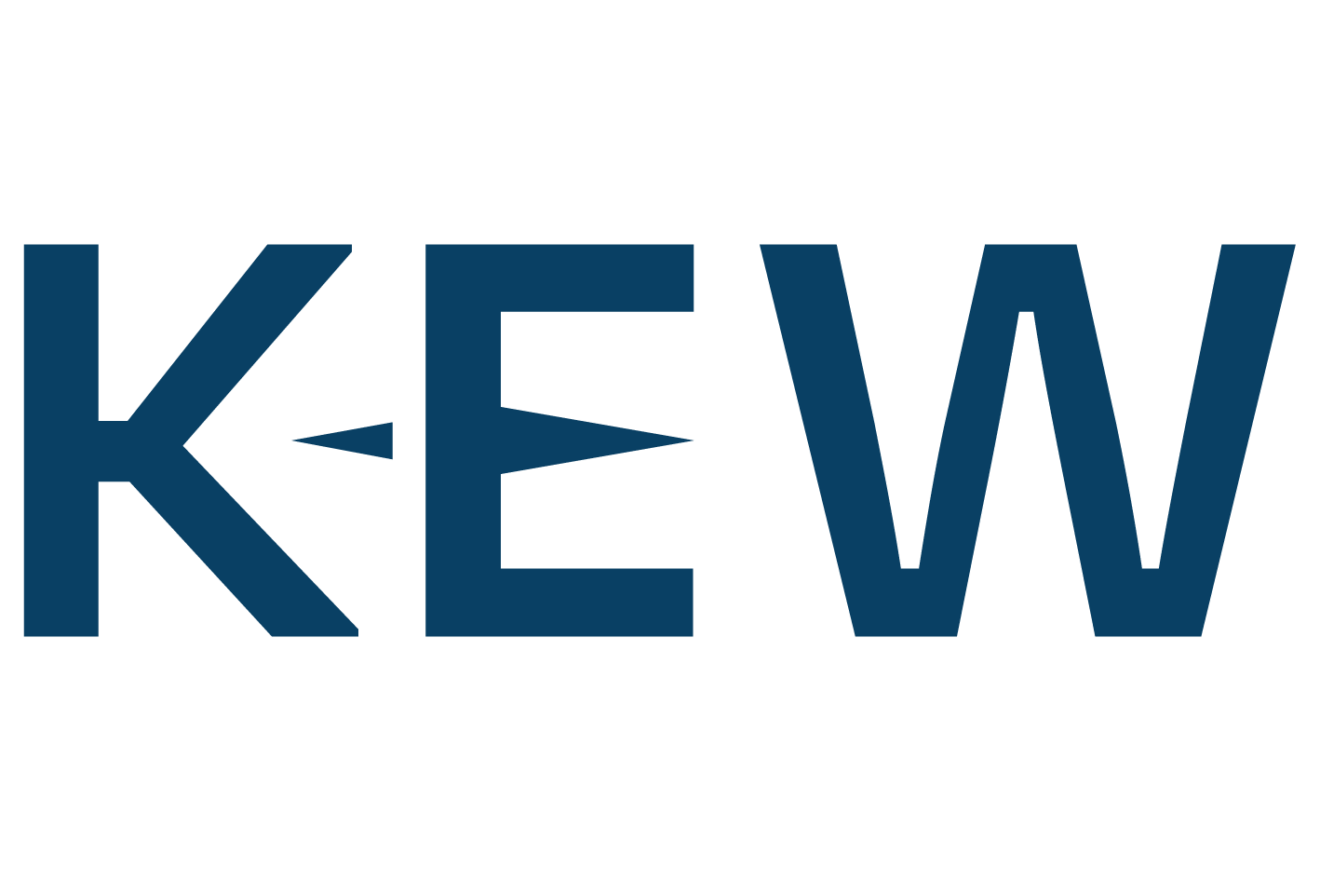
- College of Eastern Europe (Poland) – an independent research institute focusing on Central European affairs, promoting democratic values and European integration.
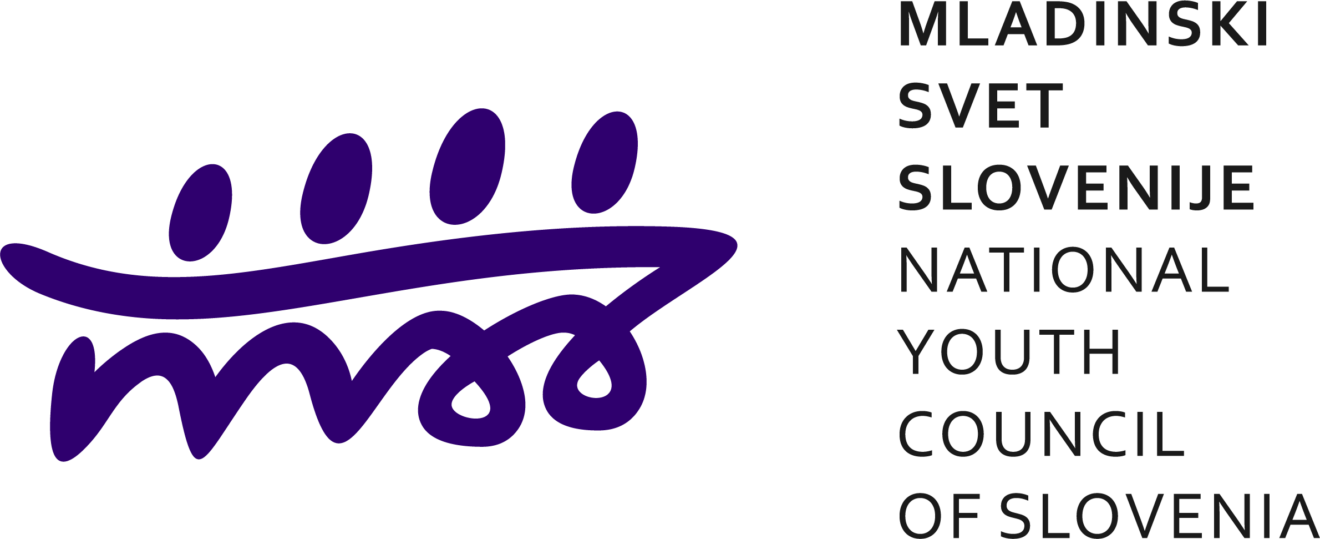
- National Youth Council of Slovenia (Slovenia) – the national youth council representing the interests of young people in Slovenia and participating in the organization of youth exchanges and educational programs.
Project Patrons:
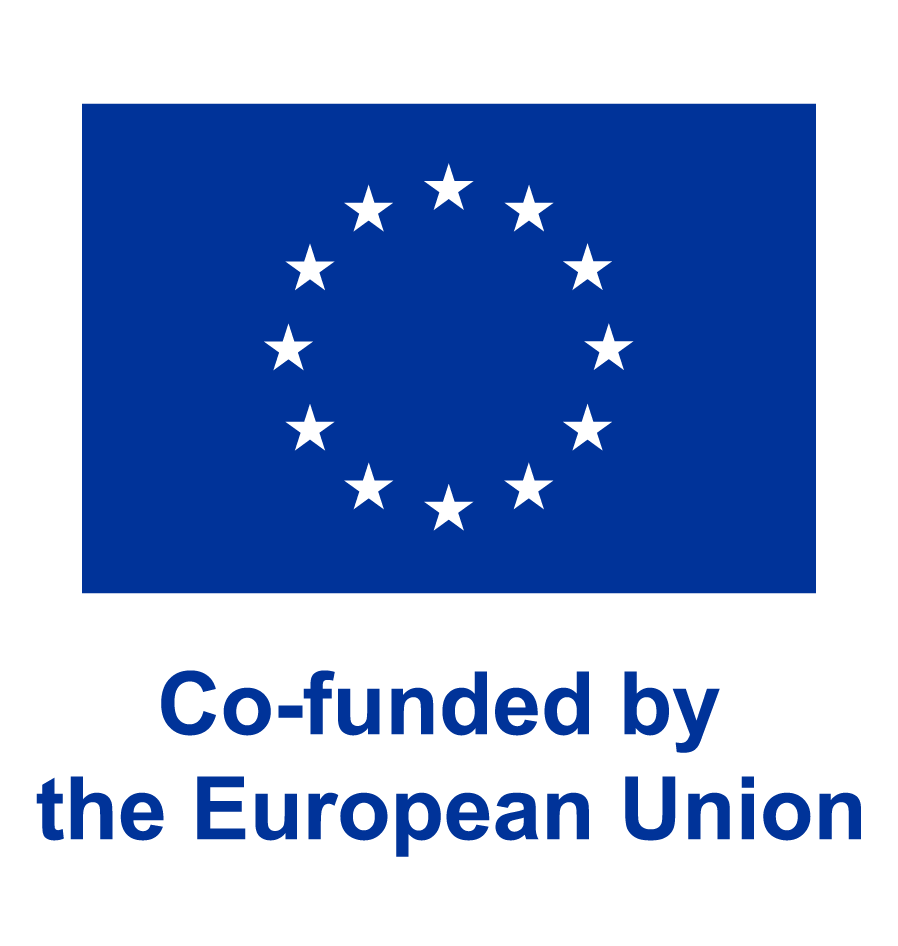

‘The project is co-funded by the European Union. The views and opinions expressed are solely those of the author(s) and do not necessarily reflect those of the European Union or EACEA. Neither the European Union nor the granting authority can be held responsible for them.’
